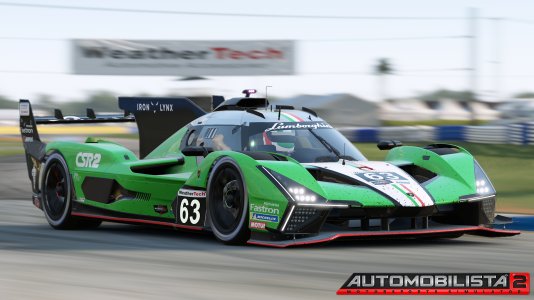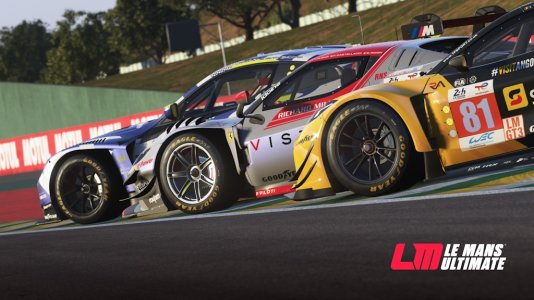Hey yall
I am ordering a new computer that i will be using with a Valve Index and sim racing (and non racing games too)
I want it to be an Intel and Nvidia build, and have the following questions:
1) I was getting an i9-9900k with a Z390 MB. However, I am not sure if i should go ahead and get the newer 10th gen i9-10900k with the Z490 MB. It is only about $120 or so more to get the i9-10900k, and it has the Z490 MB, so maybe that is more future proof, and also a tad faster (not much)?
Should i get the i9-9900k/Z390 combo or get the newer i9-10900k/Z490 combo? The answer may be tied to question 2 below
2) I am going ahead and getting a RTX 2080 Super now. Yes, i do know all about the new Nvidia 3000 cards coming out soon, but a) i don't want to wait on them and b) i want to give them time to sort out after they come out before buying one.
I do plan on upgrading to one of the 3080/3090 cards after they have been out a little while, say within the next year, and then sell my 2080S.
The question is, 'What kind of MB do i need to get now to be ready to pop in one of the new 3000 Nvidia cards?' Note that i am getting a 850W Power supply to be sure and be ready for whatever power needs the newer Nvidia 3000 card will require, but what else do i need to be getting now to be fully ready and compatible with the new Nvidia 3000 cards when they arrive?
Thanks!
Randy

I am ordering a new computer that i will be using with a Valve Index and sim racing (and non racing games too)
I want it to be an Intel and Nvidia build, and have the following questions:
1) I was getting an i9-9900k with a Z390 MB. However, I am not sure if i should go ahead and get the newer 10th gen i9-10900k with the Z490 MB. It is only about $120 or so more to get the i9-10900k, and it has the Z490 MB, so maybe that is more future proof, and also a tad faster (not much)?
Should i get the i9-9900k/Z390 combo or get the newer i9-10900k/Z490 combo? The answer may be tied to question 2 below
2) I am going ahead and getting a RTX 2080 Super now. Yes, i do know all about the new Nvidia 3000 cards coming out soon, but a) i don't want to wait on them and b) i want to give them time to sort out after they come out before buying one.
I do plan on upgrading to one of the 3080/3090 cards after they have been out a little while, say within the next year, and then sell my 2080S.
The question is, 'What kind of MB do i need to get now to be ready to pop in one of the new 3000 Nvidia cards?' Note that i am getting a 850W Power supply to be sure and be ready for whatever power needs the newer Nvidia 3000 card will require, but what else do i need to be getting now to be fully ready and compatible with the new Nvidia 3000 cards when they arrive?
Thanks!
Randy











